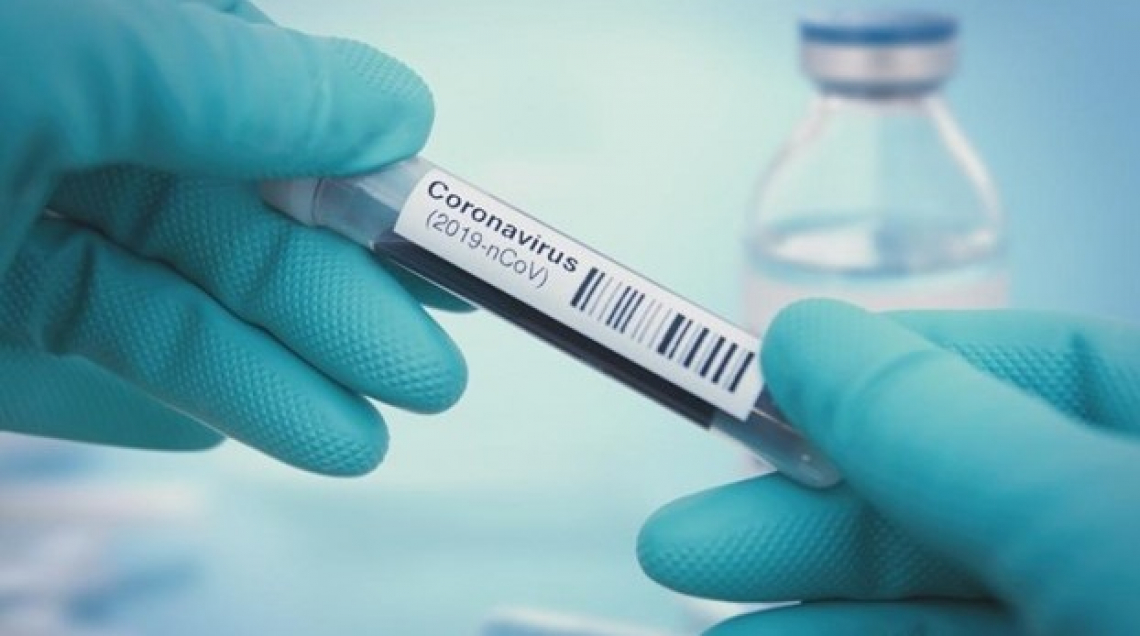From the Bishop - January 2021

Many have told me that they will be glad to see 2020 pass. They look forward to 2021, hoping things will improve. Once you reach a certain age, you never wish a day away. That is my situation. All the same, I am happy for a new year and hopeful that it will bring a way to control COVID-19 and make it possible for us to resume some of our activities.
Before we leave the old year, I want to take a moment to be grateful for some good things. I think of the incredible effort made by our pastors and priests, deacons and staffs from the diocese and our parishes, and all the volunteers who have worked so tirelessly to reopen our churches safely. With God’s grace and protection, and the dedication of all those working to create a safe environment, parishioners have been able to continue to gather to worship for the past six months of the pandemic. A similar word of gratitude is extended to all involved in our schools who have worked diligently to prioritize in-school education for our young people. A hearty “thank you” to our principals, teachers, and school staffs who have led the way in reopening schools safely for our students.
Now that we have reopened successfully, what will the next months of this pandemic bring? One of the bright lights of the last month has been the positive news about the development of vaccines which will help to fight this terrible disease. We know that there are a number of vaccines in development but there are, in fact, two which are expected to be ready to administer to the first group of recipients. This is wonderful news. Our first response must be to give thanks to God for the scientific advancement and talent that helped to create such lifesaving vaccines. It will be distributed in four phases in Maine over the coming months. Now the question will become: should I receive it when it is available to me? I have been asked this question recently. My answer is a resounding “yes.”
Some assert that if a vaccine is connected in any way with tainted cell lines taken from aborted babies then it is immoral to be vaccinated with them. This is, in my opinion, an inaccurate portrayal of Catholic moral teaching. The fact of the matter is that the question is a complex and sensitive matter.
The two vaccines that will be available in our country are coming from Pfizer and Moderna. According to the moral guidance of the Bishops Conference (USCCB), “neither the Pfizer nor the Moderna vaccine involved the use of cell lines that originated in fetal tissue taken from the body of an aborted baby at any level of design, development, or production. They are not completely free from any connection to abortion, however, as one of the tests that Pfizer and Moderna cited to confirm that their vaccine would work relied upon an abortion-tainted cell line. There is thus a connection, but it is relatively remote.”
There are three documents from the Holy See that treat the question of tainted vaccines: 1) the 2005 study by the Pontifical Academy for Life, “Moral Reflections on Vaccines Prepared from Cells Derived from Aborted Human Fetuses,” 2) paragraphs nos. 34-35 in the 2008 “Instruction on Certain Bioethical Questions’ (Dignitatis Personae) by the Congregation for the Doctrine of the Faith, 3) the 2017 ‘Note on Italian Vaccine Issue” by the Pontifical Academy for Life.
These documents all point to the immorality of using tissue taken from an aborted child for creating cell lines. They also make distinctions in terms of the moral responsibility of the various actors involved, from those participating in designing and producing a vaccine to those receiving the vaccine. Most importantly, they all make it clear that, at the level of the recipient, it is morally permissible to accept vaccination when there are no alternatives and there is a serious risk to health.
The Pontifical Academy for Life gives as an example the case of rubella (German measles): “We find, in such a case, a proportional reason, in order to accept the use of these vaccines in the presence of the danger of favoring the spread of the pathological agent, due to the lack of vaccination of children. This is particularly true in the case of vaccination against German measles.”
Catholics care about the common good. The Gospel calls us to care for each other. Even before COVID-19, Maine has one of the lowest rates of immunization in the country. There has been an increase in cases of whooping cough and other communicable diseases. We must also consider auto-immune compromised individuals who cannot receive vaccines and need the “herd-immunity” from high vaccination rates. Many communities in Maine are almost below those rates. Caring for the common good of all provides an encouragement to all to receive the vaccination for both their own health and safety and that of others.
I hope that this information is helpful in answering the question with which I began: should I receive the vaccine when it is available to me? To do so is consistent with the Catholic commitment to promote the common good. As we enter into this new year, we continue to pray that God will remove this terrible virus from our midst and grant healing, comfort, and peace to all.
God bless you all.
Bishop Robert P. Deeley










